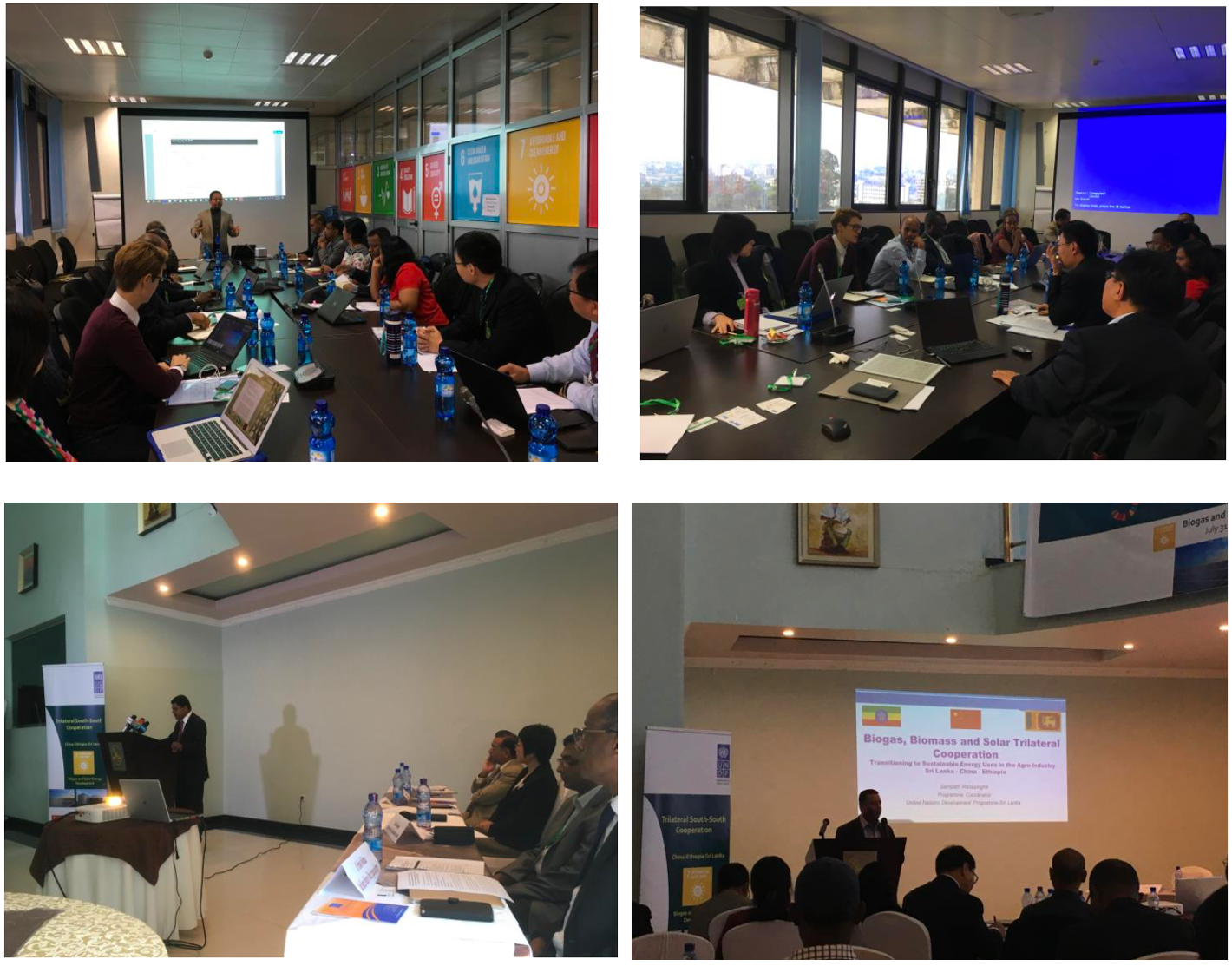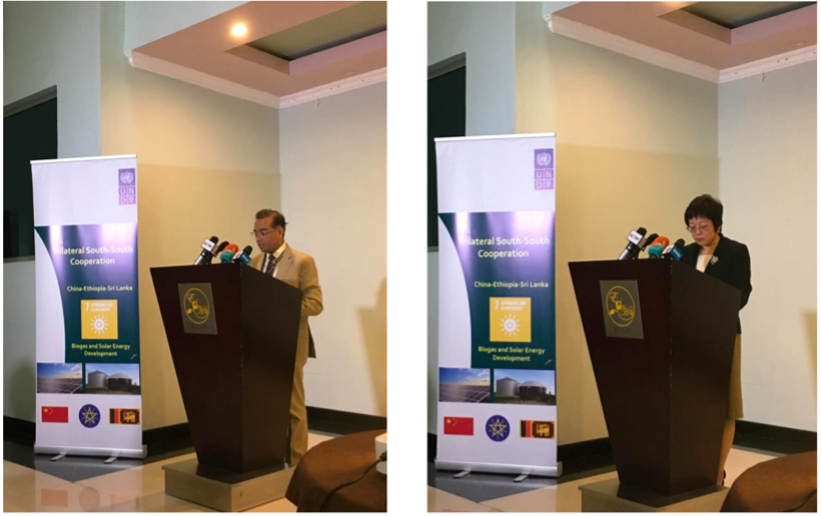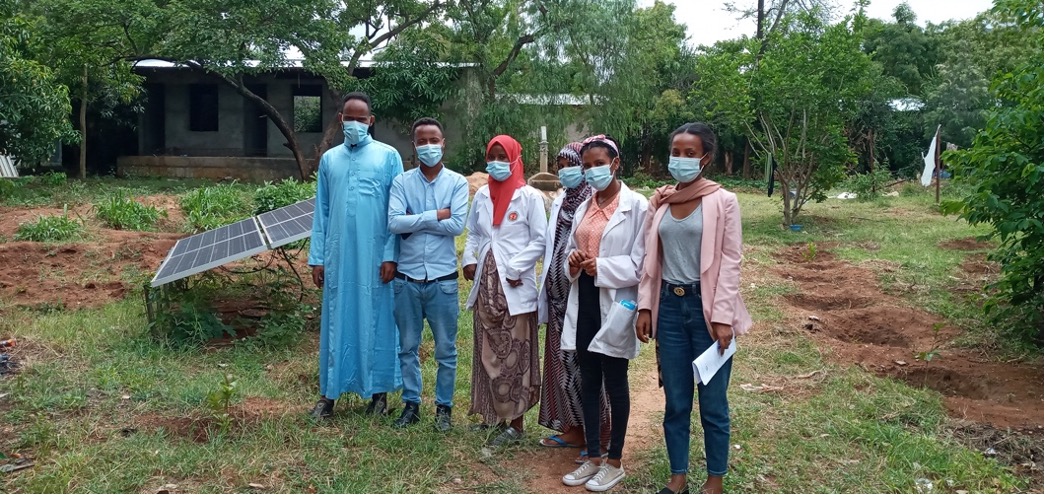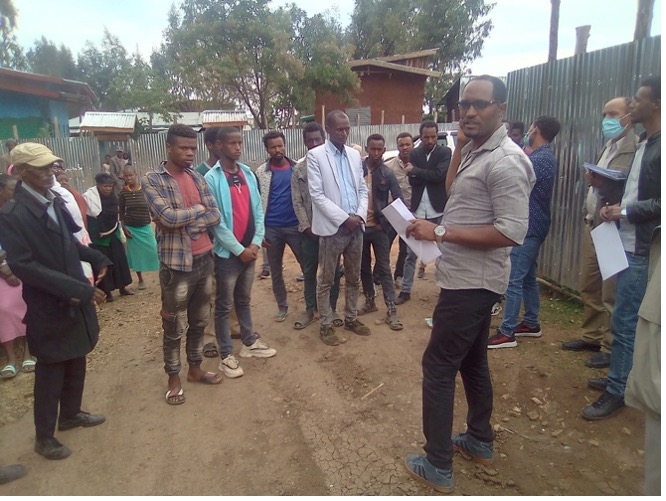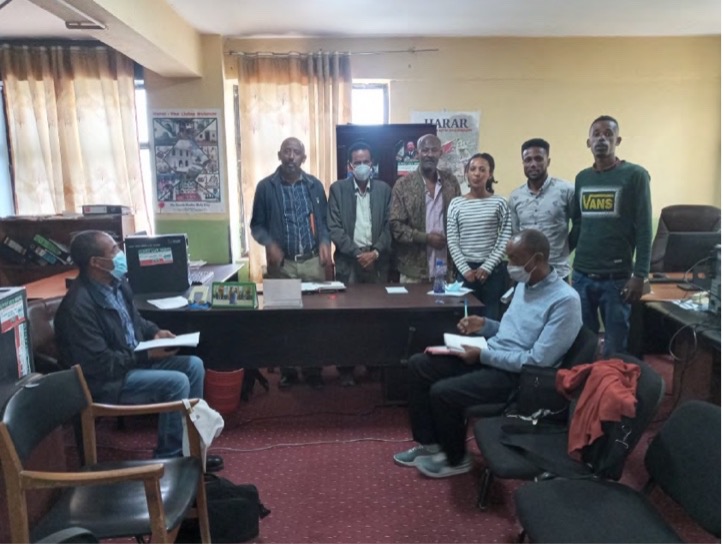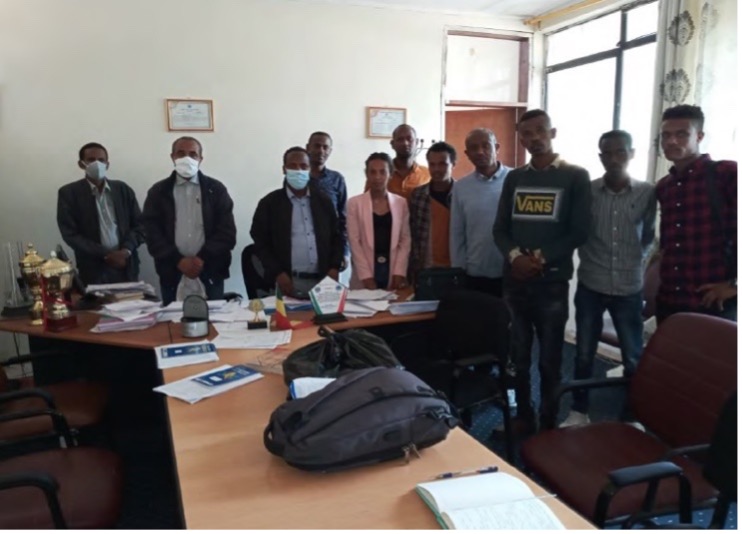 Promotion of Renewable Energy Technologies in Public and Private Institutions in Ethiopia
Addressing challenges related to access to energy and sustainable resources consumption through South-South cooperation
Promotion of Renewable Energy Technologies in Public and Private Institutions in Ethiopia
Addressing challenges related to access to energy and sustainable resources consumption through South-South cooperation

Challenges
Towards a Solution
The Renewable Energy project in Ethiopia is co-funded by the Ministry of Commerce of China, the Ministry of Water, Irrigation and Energy of Ethiopia (MoWIE), the Sri Lanka State Energy Authority (SLSEA) and the United Nations Development Programme (UNDP). The project is implemented by MoWIE, SLSEA, the Ministry of Science and Technology of China, the Administrative Centre for China’s Agenda 21 (ACCA 21) and the China Agricultural University, as well as UNDP country offices in China, Ethiopia and Sri Lanka.
The project in Ethiopia takes as its point of departure the need for renewable energy technology dissemination and scaling-up for climate-resilient growth. The project supports access to energy and sustainable resource consumption through trials and demonstrations of biogas and solar energy for productive uses. It is implemented under a South-South cooperation framework and serves as a learning platform for China, Ethiopia and Sri Lanka to engage and collaborate at the international level on renewable energy technology and skill transfers.
The project has two key outcomes: 1) capacity for the transfer of renewable energy technology, built through the demonstration of biogas and solar systems for productive uses (including in hospitals, universities, condominiums and industrial zones); and 2) South-South knowledge and experience exchange. As a pilot initiative, the project’s successful implementation will provide concrete examples of South-South cooperation at work for other developing countries to emulate.
Several approaches are utilized to ensure the sustainability and successful outcomes of the project. First, the project leverages support, experience and technical know-how from China, the latter of which has a proven track record of renewable energy technology dissemination to meet various needs for its own development, supported by successful policies and business models.
Second, the project employs UNDP’s five-step methodology for effective capacity-development: 1) engage stakeholders on capacity development; 2) assess capacity and needs; 3) formulate a capacity-development response; 4) implement the response; and 5) evaluate capacity development.
Third, stakeholder coordination is considered a fundamental aspect of the project, and includes the establishment of linkages, mutual understanding and deep collaboration between research institutes, private sector entities and government counterparts through UNDP’s facilitation, study visits, matchmaking between enterprises and establishing online and offline communication platforms.
Fourth, the project is thematically aligned with national priorities. The project is articulated within the United Nations Development Assistance Framework (UNDAF) adopted in both China (in particular Outcome 3) and Ethiopia (in particular Outcome 5). The project is supporting the Government of Ethiopia’s National Electrification Programme, which focuses on integrated (grid and off-grid) electricity access and provides an implementation framework for the achievement of 35 percent of off-grid access by 2025. The project also contributes to the government’s Climate Resilient Green Economy vision by introducing and scaling-up relevant technologies.
Through a national implementation modality, Ethiopian government institutions directly execute the project’s interventions. Public institutions selected as project beneficiaries are tasked with demonstrating the multiple benefits of the interventions, which will potentially attract more private entities to install photovoltaic and/or biogas systems, contributing to the acceptability and sustainability of the initiative. The knowledge and skills acquired through project implementation are expected to create additional personnel capacities to facilitate timely maintenance services for the systems that are installed and to further expand the use of those systems across the country, bringing positive social, environmental and economic impacts. Furthermore, the Joint Research and Extension Centre (JREC) established in collaboration with local and Chinese partners will cater to capacity-building needs and provide continuous technical support when and where required, including through the adoption of a long-term research agenda.
Contact Information
Countries involved
Supported by
Implementing Entities
Project Status
Project Period
Primary SDG
Primary SDG Targets
Secondary SDGs
Secondary SDG Targets
Similar Solutions
| NAME OF SOLUTION | Countries | SDG | Project Status | |
|---|---|---|---|---|
A Billion Brains: Smarter Children, Healthier Economies High Level Meeting on South-South Cooperation for Child Rights |
China, Ethiopia, Sri Lanka | 17 - Partnerships for the Goals | Completed | View Details |
Accelerating the Transformational Shift to a Low-Carbon Economy in Mauritius Towards supplying 35 percent of the country’s energy needs with renewables by 2025 |
China, Ethiopia, Sri Lanka | 05 - Gender Equality 09 - Industry, Innovation and Infrastructure 13 - Climate Action | Ongoing | View Details |
Accelerator Labs Network Following collective intelligence methods to address emerging sustainability challenges and the growing demand for local solutions |
China, Ethiopia, Sri Lanka | 08 - Decent Work and Economic Growth 13 - Climate Action | Ongoing | View Details |
Accessibility of Financial Services and the Private Sector in Africa Maximizing the impact of financial cooperation on economic development and industrialization in Africa |
China, Ethiopia, Sri Lanka | 08 - Decent Work and Economic Growth | Completed | View Details |
ACP Business-friendly Supporting business-friendly and inclusive national and regional policies, and strengthening productive capabilities and value chains |
China, Ethiopia, Sri Lanka | 08 - Decent Work and Economic Growth 17 - Partnerships for the Goals | Ongoing | View Details |
